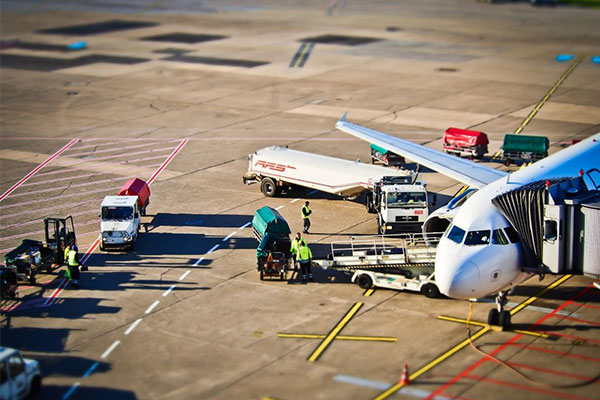Driven by e-commerce, the global air cargo market continues to show positive growth trends, however, geopolitical tensions such as the ongoing instability in the Red Sea have forced several international shipping companies, including Maersk, to adjust routes, which increase logistics costs but also create new opportunities for some regions.
Recently, due to tensions in the Red Sea region, many international shipping companies have been forced to change routes to circumvent the African continent. While this change has increased the distance and cost of sailing, it has also prompted shipping companies to seek more efficient logistics solutions to maintain service continuity and efficiency. Though this geopolitical shipping change puts pressure on shipping costs, with the gradual recovery of global trade, the strong rise in demand is enough to offset the impact of these increased costs.

In Asia, the rapid growth of e-commerce in Hong Kong has injected a strong impetus into the development of the air cargo market. According to the latest report released by DHL, thanks to the continued prosperity of the e-commerce business in Asia, the global air cargo market continued to maintain a positive growth trend in April. As one of the world’s busiest cargo airports, the cargo volume grew by 3.3% in 2023 and the total flow reached an astonishing 4.3 million tons.
To meet the growing demand for freight, Hong Kong International Airport is continuously investing in high-value and fast-growing e-commerce sectors. For example, the construction of the Keno Smart Port and the expansion of DHL’s central Asian hub in Hong Kong have significantly improved the processing capacity of the airport. In particular, DHL’s Central Asian hub expansion has increased its capacity by 50%, becoming an important hub to support regional logistics needs.
Since its establishment in 2004, DHL’s cumulative investment in its Hong Kong Central Asian hub has reached €5.6 billion, an increase in investment that reflects DHL’s growing demand for e-commerce logistics in the Asian markets, in particular.This investment not only strengthens Hong Kong’s position as a global logistics hub, but also contributes to the further development of the regional economy.
These changes and developments in the global logistics industry are both an adaptation to the current changes in the international political and economic environment and an anticipation of future trade growth potential.While geopolitical uncertainty poses challenges to the global logistics industry, strong market demand, technological progress and strategic regional investment are continuously driving the prosperity of the logistics industry.


 Follow customer service WeChat
Follow customer service WeChat